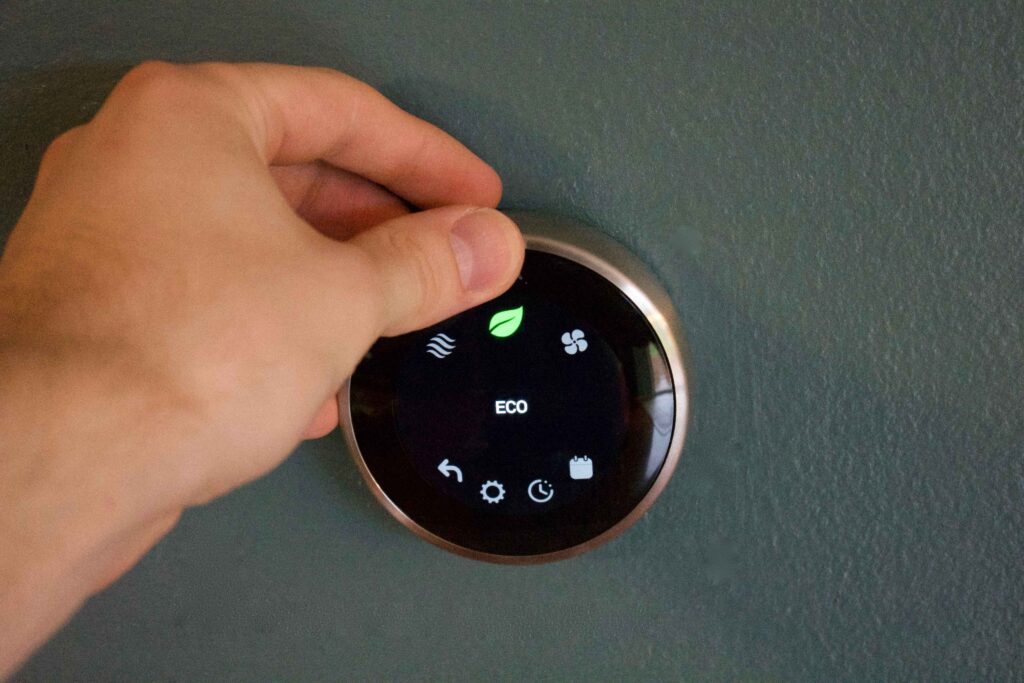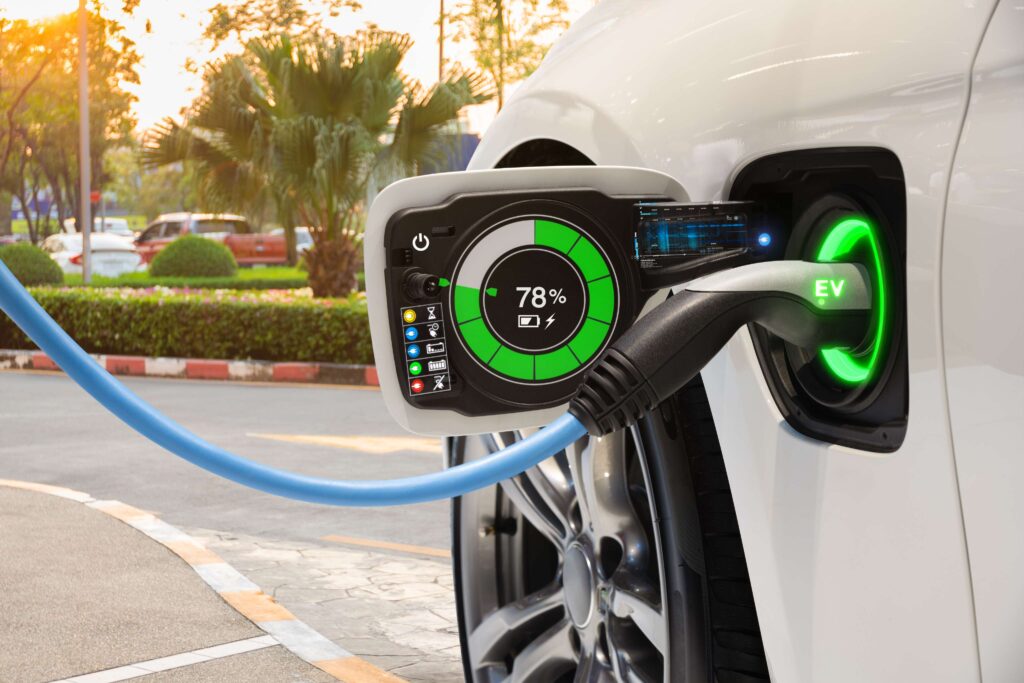Navigating EVs: Vehicle Maintenance
Potential electric vehicle (EV) owners often overlook how EVs typically require less maintenance compared to internal combustion cars for a variety of reasons.
EVs contain fewer moving parts than gasoline-fueled engines, which means fewer repairs and no need to ever change the motor oil since there is no motor oil.
EVs are equipped with a regenerative braking system, causing less wear and tear on the brakes, resulting in less need for replacements.
Tires do require attention, such as regularly checking air pressure to ensure fuel efficiency and safety, and rotating the tires every 7,500 miles for improved safety and longer tire life. Windshield wipers and the cabin air filter should be changed when needed.
Routine maintenance on an EV's driving system typically doesn't occur until five years or about 75,000 miles, when you may need to service the coolant or replace the struts.
Battery packs usually come under warranty for more than 100,000 miles. Although they may lose some range over time, they can still operate at a high level. Replacing a battery outside of the warranty may seem expensive, but battery prices continue to decline, and it's likely many years and many miles away.
Owning an electric vehicle provides a low-maintenance relationship, which is a significant factor — and could add up to significant savings — for potential owners to consider.




